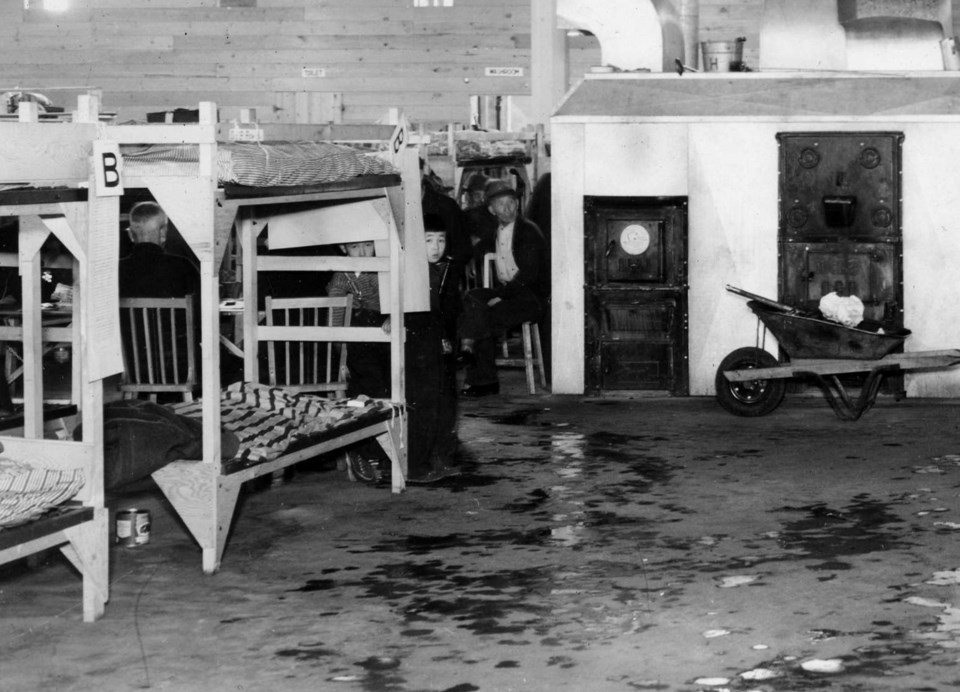The Pacific National Exhibition (PNE) has recently announced plans to further chronicle and honour the darker history of Hastings Park.
On Dec. 8, 1941, Canada declared war on Japan. Almost immediately, there were fears of a Japanese invasion, fanned by a sensationalist press and racist beliefs. In the months following, almost 22,000 people of Japanese ancestry living on B.C.’s coast were forcibly sent to work camps. For nine months in 1942, 8,000 men, women and children were confined in livestock barns in Hastings Park before being relocated. It is this history the PNE, along with the Japanese Canadian (JC) Hastings Park Committee, is looking to memorialize.
A direct connection
The partnership was formed with the goal of securing a Vancouver-based Japanese Canadian Interpretive Centre to tell and preserve the internment’s history.
Daniel Tokawa, JC Hastings Park Committee spokesperson says a permanent interpretative centre has been in the works for over a decade.
“This partnership announced today is an important step towards finally achieving a permanent interpretive centre,” Tokawa said in a recent release. “Given the direct connection between Hastings Park and the Canadian Government’s incarceration program during WWII, we believe this location is the right place for such a facility.”
The PNE announced it will dedicate a portion of the Livestock Barns, one of the structures used in the internment, to a Temporary Centre while funds for a permanent facility are raised. The preliminary goal is to open the Temporary Interpretive Centre within five years.
Recognizing a darker history
“Creating a space to recognize and educate British Columbians about the injustices done to Japanese Canadians during and after World War II is an important part of ensuring such things never happen again,” says PNE Board Chair and Vancouver City Councillor Lisa Dominato.
This is not the first project aimed at commemorating the internment’s history. Completed in 1993, the Momiji Gardens were created to serve as both an apology and a celebration of the contributions Japanese Canadians have made to Vancouver and Canada.
Shelley Frost, PNE President and CEO, says the importance of bringing the internment’s history to the forefront cannot be understated.
“We’ve been working with the Japanese Canadian community for a number of years on this idea, so it is very exciting to see the concept move towards fruition,” Frost said.
The internment at Hastings Park officially closed at the end of September 1942, although the TB hospital remained open until spring 1943.


